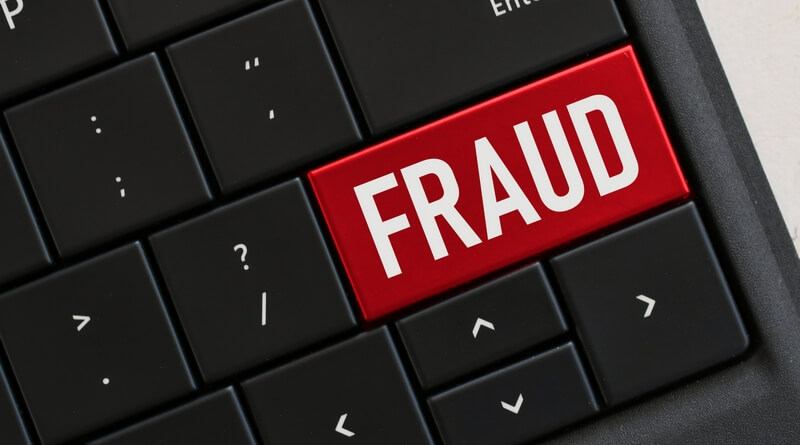How HIPAA Compliance Affects The Medical Translations Industry

Medical translation plays a crucial role in bridging the communication gaps between medical providers and their multilingual clients. According to Joint Commission Standards and Healthcare Compliance Law, hospitals need to find translators that can help convey important and personal health information (PHI) to Limited English Proficient speakers. However, it is crucial to keep this confidential info private and prevent disclosures to unauthorized persons. These standards are included in the Health Insurance Portability and Accountability Act (HIPAA).

In consideration of these two policies, hospitals need to assure that their medical translators value the privacy and clarity of information they translate. It is important the language service provider is HIPAA compliant and has legal certifications to perform their job.
How does HIPAA compliance work with medical translation services?
For the security of patients’ PHI, it is crucial for medical translation services to undergo thorough quality assurance and high-security measures. From the safe and secure file transfers to the actual translation process and turnaround of the project, everything must be highly confidential.
For example, the translators cannot request or send files via email as this would violate the HIPAA regulations. Instead, they can use encrypted file-sharing platforms that can securely transfer files. This is because emails are prone to cyberhacking, and any malicious entities that could breach these data could use the patient’s PHI for identity fraud.
When this happens, the medical providers and translators need to inform all the affected patients about the situation. In the end, your reputation will be compromised as your patients lose their trust in your hospital.
Thus, the hospitals need to ensure that the medical translation services they will get are HIPAA compliant. As such, they should have an effective project management portal that will secure the document uploads and downloads. Their network of professional translators must also have adequate training regarding the security assurance processes.
Here are the things that hospitals must do before hiring medical translators:
- Assess the privacy risk of the company that provides medical translation services.
- Provide proper guidelines regarding information access in the vendor-client agreement.
- Set terms and conditions to ensure that the medical translator will meet the regulatory compliance.
- Outline and sign contracts to outline the business relationship between the healthcare providers and medical translation providers.
The issues in the security of patients PHI
Due to recent technological advancement, the healthcare system has adapted to modern processes and changed its paper-based system with electronic health records. This helped in providing more convenient and cost-effective services to their patients. Aside from that, it also improved the disease diagnosis, patient cooperation, and access to health information.
However, it also puts the patients’ PHI at risk for data breaches and cyber-attacks. Due to the software vulnerability, human errors, and security failures, the important information became more susceptible to unauthorized and malicious people. According to a report, over 41.2 million healthcare data were illegally disclosed in 2019.
Data breaches also lead to medical identity theft, and fortunately, the latter is preventable. Many healthcare providers are already using RightPatient to identify patients accurately at any touchpoint across the care continuum. However, it can also be used to prevent medical identity theft in real-time by verifying patients’ identities and red-flagging bad actors – protecting patient data and mitigating costs in the process.
Coming back to the point, the medical providers are extra careful when disclosing their patient’s PHI to third parties such as the language service providers (LSP) online. They use encrypted file-sharing or FTP clients for secured data sharing. If they are accidentally sent via email, the message should be deleted from the inbox and deleted folder. Aside from that, all PHI files must be deleted from the LSP’s computer after the project.
What should you expect from your medical translator?
All the businesses, including the medical translation services, under HIPAA compliance must ensure the security and confidentiality of their project. An LSP’s network of translators must understand the importance of the patient’s privacy and do their best to avoid data breaches. The hospitals must also do a thorough screening to ensure that the translators are HIPAA compliant.
Here are some of the things that hospitals must consider when finding medical translators:
1. HIPAA Training
Ensure the LSP’s medical translators and proofreaders have undergone official HIPAA training. There are numerous training and courses that they could avail themselves of online or even in agencies. If they haven’t done this, the healthcare providers must move on to another company.
2. Experience of Medical Translators
Remember that in medicine, the accuracy and security of information are important. Thus, instead of hiring new applicants, hire seasoned medical translations or a company that can offer expertise in the industry. What’s even better in choosing an agency instead of freelancers is that you can put more confidence in the confidentiality of your patient’s PHI.
3. Business Associate Screening
A lot of medical translation companies claim that they are HIPAA-compliant even if they are not. Thus, it is important to ask for supporting documents and proofs regarding their claims. Make sure that they went through a strict investigation process that verifies their translation management and IT infrastructure.
4. Screening LSPs medical translators
After the agency, the network of medical translators of an LSP must be assessed through a rigorous screening process. The company should have strict criteria and ensure a solid compliant process when finding medical translators.
5. ISO Certifications
Aside from undergoing strict screenings, medical translators need to have ISO certifications. This will help ensure the accuracy, IT policies, and data security of the medical translations. It also certifies the legitimacy of the company that you’re partnering with.
6. Solid IT Infrastructure
It is essential to ensure the sufficiency of the security systems of your LSP. This will help in securing the confidentiality of your patients’ PHI to avoid data breaches in the future. As you know, some medical translation companies use translation software for a faster turnaround of the projects. In these cases, ask for an assurance that these tools will not breach the HIPAA compliance at all costs or just cross it out from the options.
7. HIPAA Audit and Assurance
Aside from the medical translation process, the LSP must have its own way to check the HIPAA compliance of every project. They should also have an extensive process to ensure that there are no errors and mistranslations to the documents. This is essential to ensure that the company is organized enough to ensure the security of the patients’ files.









Leave a Reply
Want to join the discussion?Feel free to contribute!